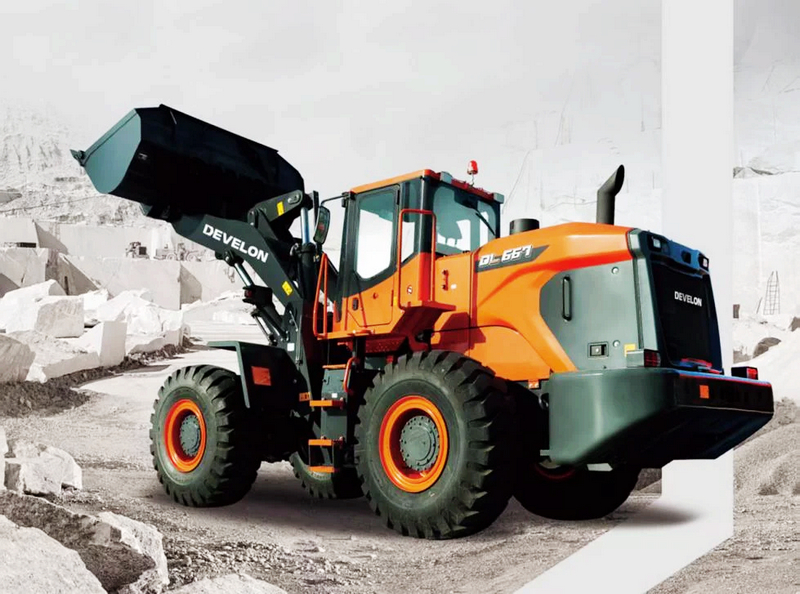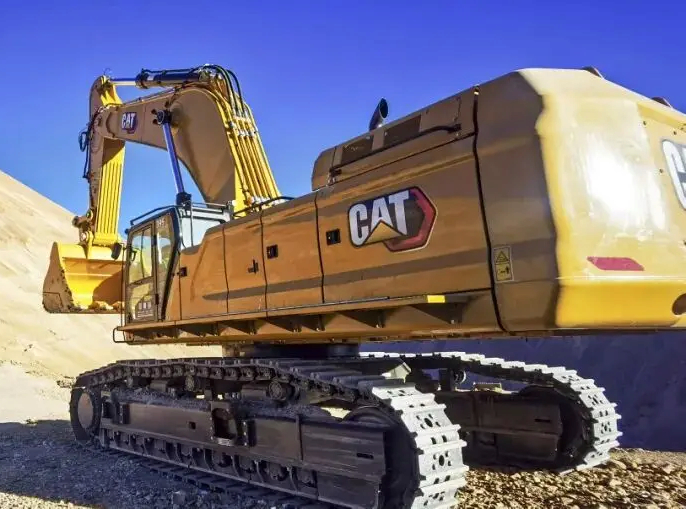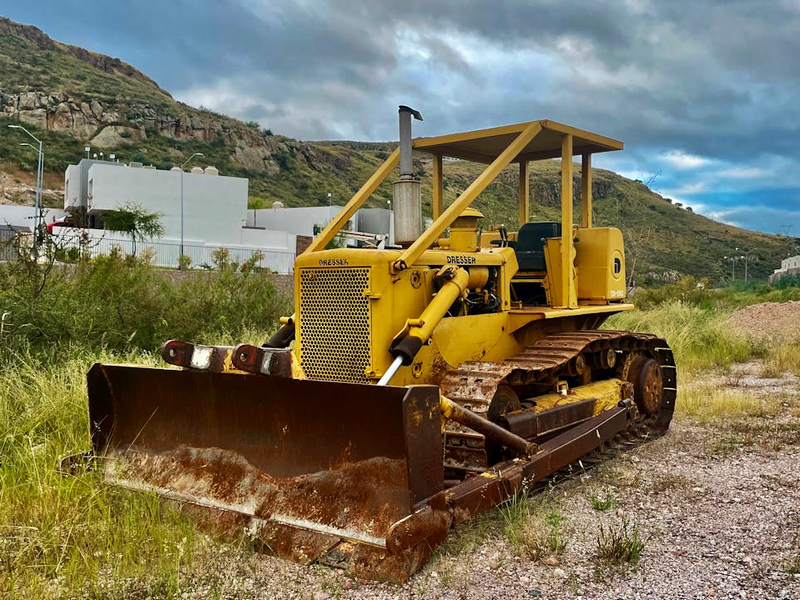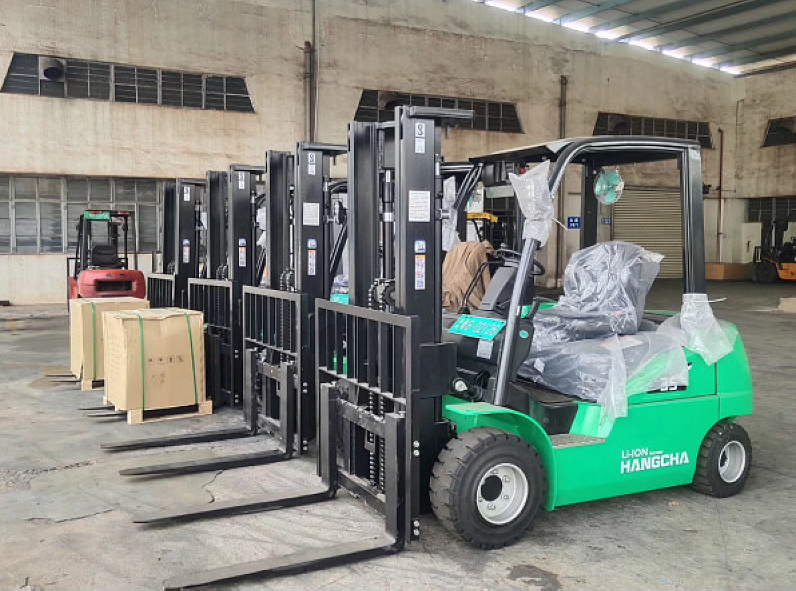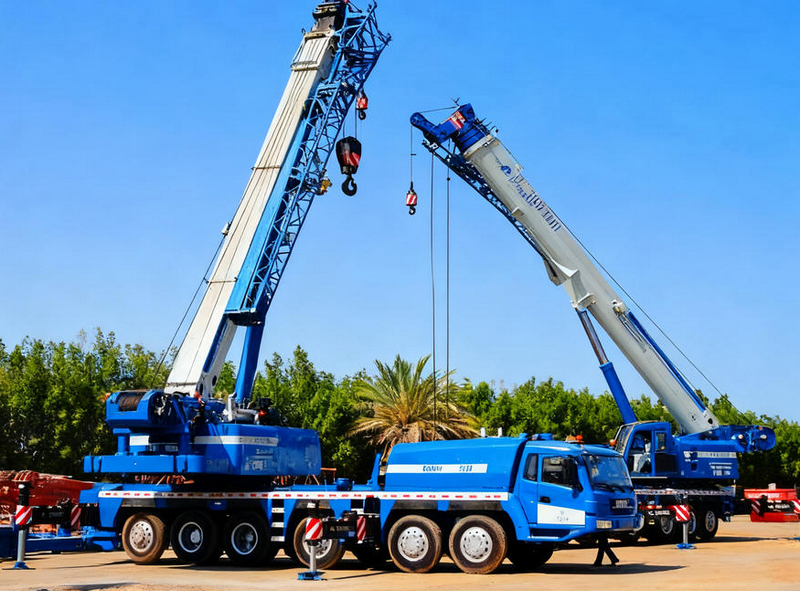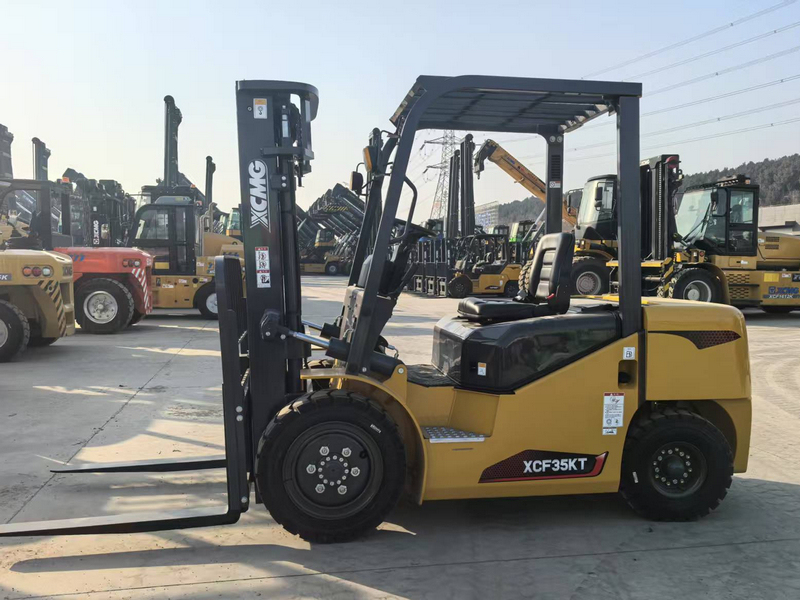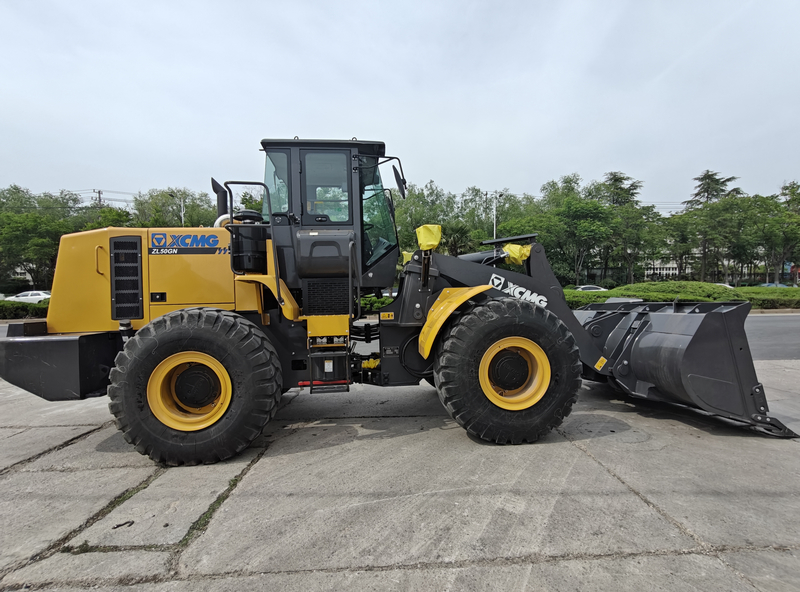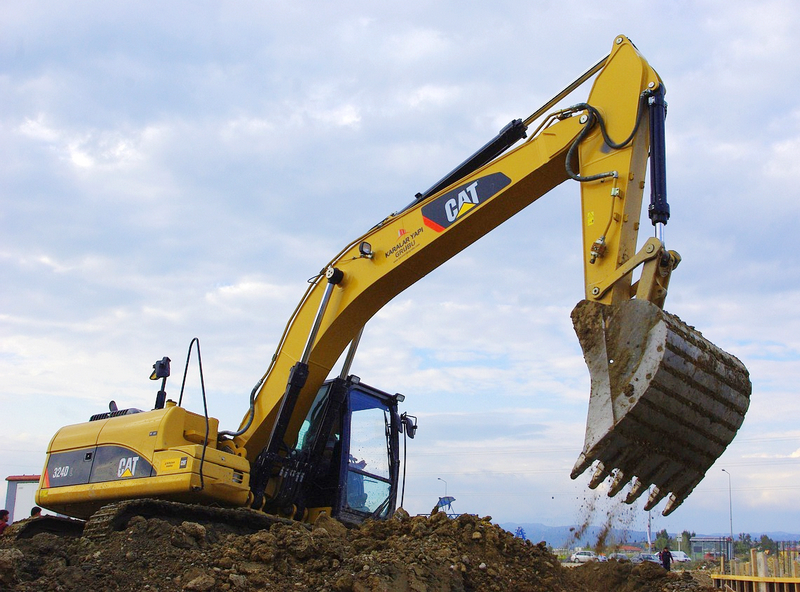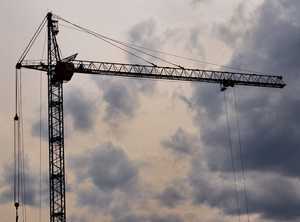Maintaining forklifts not only effectively extends equipment lifespan but is also crucial for ensuring operational safety and efficiency. In logistics distribution centers and large warehouses, forklifts often require prolonged, full-load operation, making scientific and reasonable maintenance particularly important. The following recommendations can help keep forklifts in optimal condition.
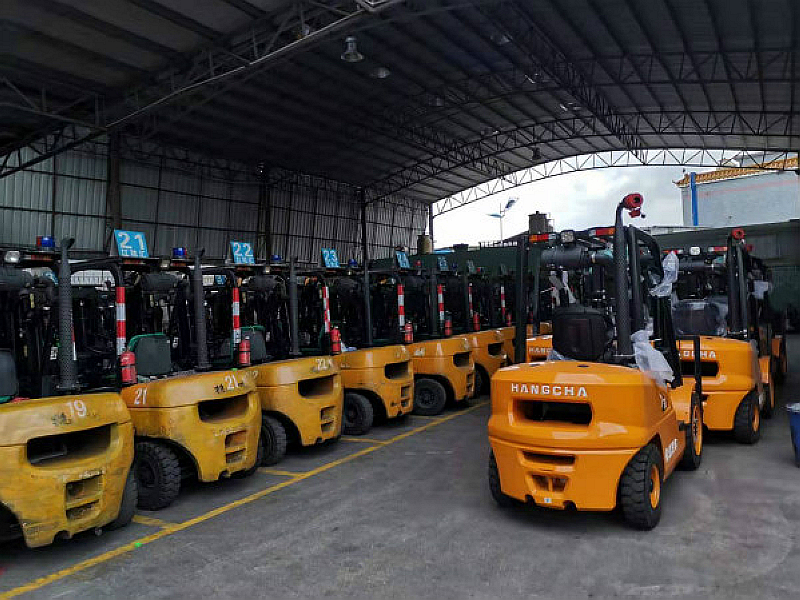
First, prioritize tire replacement. Whether for internal combustion or electric forklifts, prolonged high-intensity operation causes severe tire wear. Over-worn or chunked tires generate intense vibrations that damage electrical and hydraulic systems. Therefore, in addition to selecting more wear-resistant tires, appropriately match shock-absorbing wheels and load-bearing wheels based on the working conditions and surface to ensure smooth operation.
Second, maintaining a clean work environment is equally vital. Warehouses and workshops often contain debris like pallet fragments, plastic film, and scrap materials. If these become entangled in tires or rollers, they directly impact efficiency. Regularly sweep the floor and, whenever possible, use plastic or metal pallets instead of wooden ones to minimize potential risks.
Regarding lubrication and hydraulics, timely replenishment of hydraulic fluid and lubricants is critical, as neglecting this can compromise the forklift's lifting height and rated load capacity. Simultaneously, strictly adhering to the operator's manual to prevent misoperation is a fundamental requirement for avoiding equipment damage and accidents.
During daily use, minimize impact damage. Assign experienced operators for narrow aisle operations, and pay attention to warning alerts and turning indicators to reduce risks. Additionally, companies should conduct regular operator training, which not only reduces equipment and cargo damage but also effectively lowers failure rates.
Preventive maintenance is a key measure for extending service life and reducing repair costs. Implementing a scheduled maintenance plan helps avoid major component failures and minimizes costly repairs. Combined with management protocols, this ensures non-operators do not use forklifts without authorization and that aisle widths are measured in advance for special scenarios, guaranteeing operational safety.
Furthermore, after daily operations conclude, operators should take time to listen for unusual sounds during forklift operation to promptly identify potential issues. For electric forklifts, particular attention must be paid to battery maintenance: regularly check distilled water levels, avoid overcharging, and train operators in proper battery care methods to prevent costly damage from improper handling.
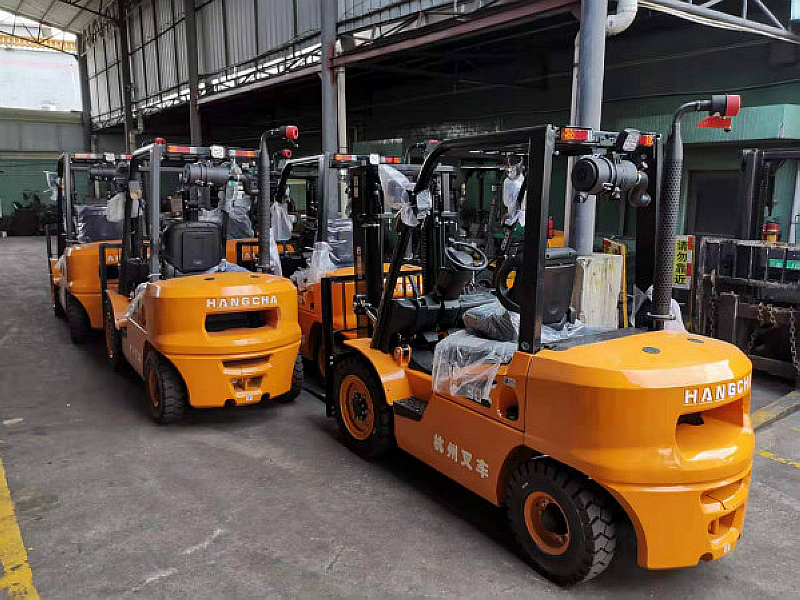
Through these maintenance measures, forklifts can maintain optimal working condition at all times, ensuring safe, efficient, and economical operation even in high-intensity work environments.
-
CATERBE Company Halloween Outing Day2025 / 10 / 31
-
CATERBE One Year Anniversary, Go Further Together2025 / 07 / 01
-
CATERBE Visited Wuyuan, Went to the Poetic Journey2025 / 06 / 05
-
CATERBE 2025 Annual Meeting: Gathering Together to Move Towards Brilliance2025 / 01 / 17
-
CATERBE Celebrates Christmas with Endless Joy2024 / 12 / 25
-
CATERBE's Housewarming Celebration2024 / 11 / 11
-
CATERBE Halloween Carnival: A Unique Two-Day Celebration2024 / 11 / 01
-
2025 Infrastructure Report Released: Strong Momentum Across China2026 / 01 / 20
-
China’s Largest Exported All-Terrain Crane Sets Sail Again2025 / 12 / 18
-
ZOOMLION Empowers Chinese Cranes to Go Global2025 / 11 / 24
-
YTO Group Appears at ICE&PE 20252025 / 11 / 14
-
New Electric Power! LGMG Makes a Splash at LogiMAT Southeast Asia2025 / 10 / 20
-
XCMG Crane Wins Prestigious Asian Award2025 / 10 / 11
-
ZOOMLION's Self-Developed Power Batteries Successfully Pass New National Standard Tests2025 / 09 / 15




